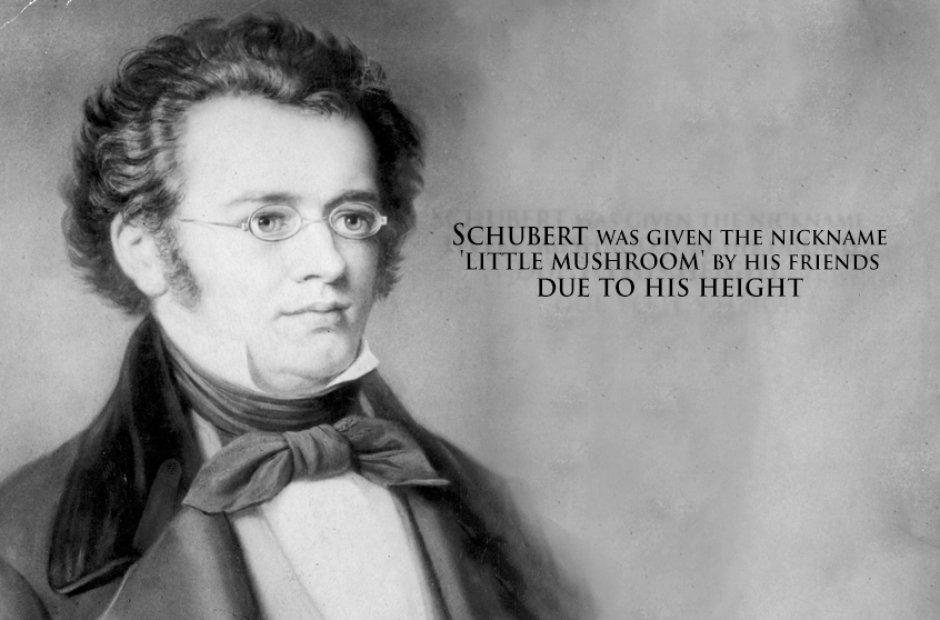Curiosities about Bach
Johann Sebastian Bach (1685–1750) was despised by nobility and was never considered by the high society of his time. All his repairs in Brandenburg (6 in total) were written as a dedication to the Margrave da Corte in this German city. As soon as they were received, they were stored in a drawer until someone had the idea to take them out and open them while Bach was still alive.
- Another curious fact.
- This musician had a total of 20 children.
- 7 with his first wife and 13 with the second.
- Several of them followed in his father’s footsteps in the art of composition.
- It is something he knew very well because.
- As a child.
- It was Mr.
- Bach who trained him musically.
- It was forbidden to study the scores of Italian composers such as Vivaldi.
- But at night he would get up and copy them by candlelight.
He was highly appreciated by the important people of the time: a count and a king, in the first case he was a person who could not sleep at night, the doctor advised him to listen to relaxing music and decided to hire Bach to write him a job as long as possible to put him to sleep. Did you get the name? Goldberg Variations? And it was played live every day in a bedroom; the second was Frederick the Great, who invited him to play his harpscrede so that the court could see him; shortly after offering him an improvisation, he sent him a manuscript of a work centered on this episode.
Bach died blind and has always suffered vision problems, a few days before his death he remarkably regained his vision and took the opportunity to compose his last cantata, in which the choir thanks God very solemnly.
Ludwig Van Beethoven (1770? 1827) had many curious events in his life:
? By genetically analyzing the composer’s hair, it was discovered that he had a large amount of lead in his blood, perhaps because he was drinking from barrels of this material, it is possible that his moodiness and deafness were caused by the intoxication of his body. .
? The piano trifle “For Elisa” was in fact called “For Teresa”, as seen in the original manuscript of April 1810. It is believed to have been a failure of the imitators, as Beethoven had bad writing.
? This musician could never hear his ninth symphony because at first he was already totally deaf, when the repair was completed he thought that for some accident or reason they had stopped playing, until he turned around and saw everyone. spectators clap standing, as the play was finished.
? Beethoven was a nature lover. This can be seen by listening to his sixth symphony, “A Pastoral”, where he sought to translate the sounds of the country into an orchestra.
? He was always tore up, dressed in old clothes, shouting melodies he imagined, his hair tore, writing things in his notebook. He is also known to have sudden tantrums and compared it to a “wild animal. “It even destroyed rooms. With the people he loved, like his nephew Karl, he was very affectionate.
Wolfgang Amadeus Mozart (1756–1791) was a Free-winger and this was known by various attitudes, but mainly because he frequently used number 3, a representative figure of this ideology and fundamental in his rituals, many of his works contain number 3. For example, in the ‘Magic Flute’ appear: three major chords at the opening, three children leading to the protagonist to the forest, three herds, three essays, three magical instruments, three temples and three qualities of the principal.
In almost all his works, Mozart included something “above the tone”, something eroticized camouflaged, though sometimes less. He composed a canon whose title was entirely pornographic: Leck Mich im Arsch (Lick my ass, in translation).
But a few years earlier he was a child and was considered an acclaimed prodigy and concertist at age 8. His first symphony was much more than expected for a child his age. The last one he wrote (number 41), composed antes. su death, has 4 scores equal to the Andante of the first: C, re, mi, fa. Maybe I didn’t know I wasn’t composing anymore.
Witnesses of that time claim that Mozart did not like the sound of the flute at all, they commissioned concertos he composed with this instrument, and soon began to replace it with the clarinet, which is now considered appropriate for orchestras.

